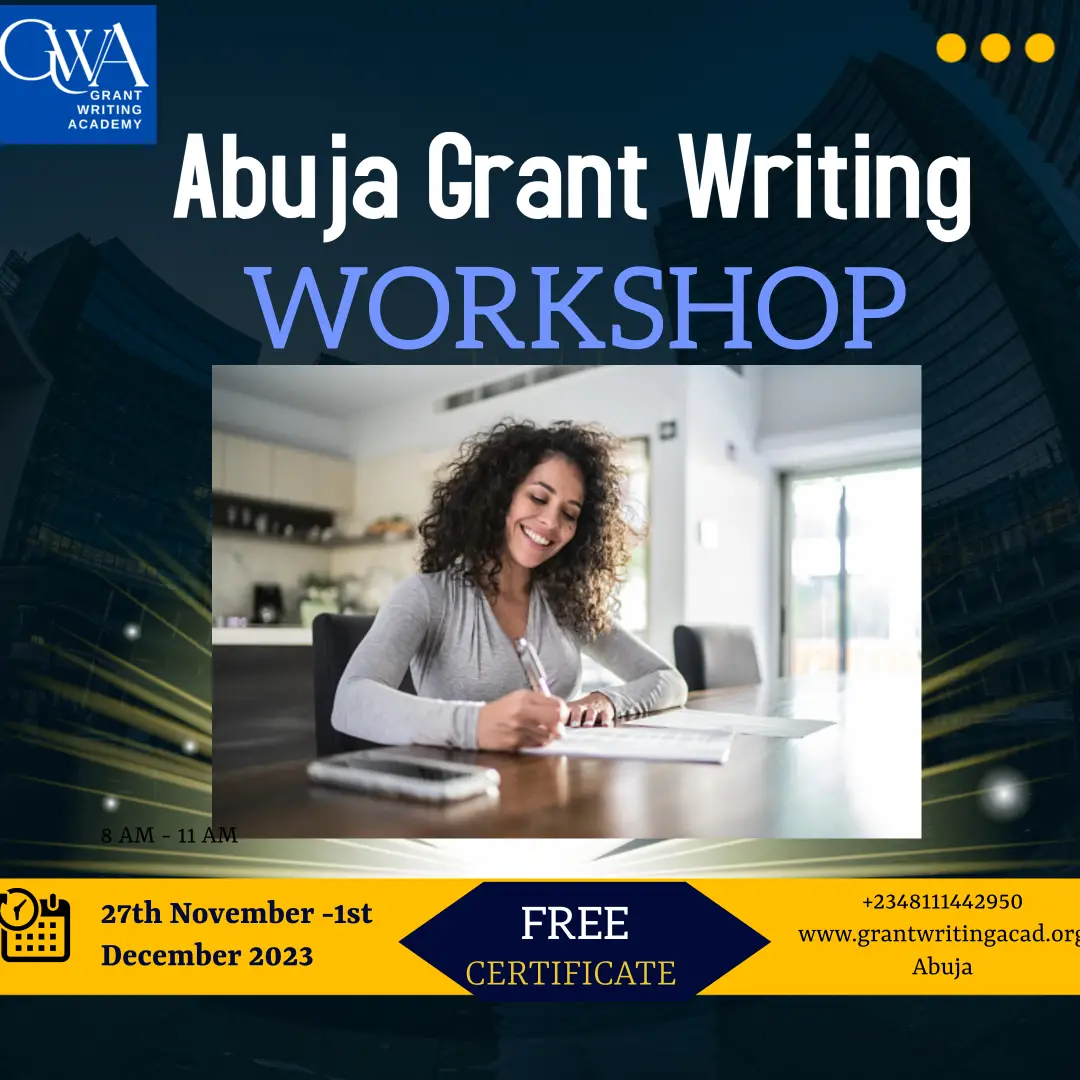Before you submit your next grant application, pause and run through this proven 7‑point checklist for pre‑submission review.
Each step is designed to eliminate common errors, sharpen your message, and demonstrate your program’s impact—all factors that boost your odds of funding success.
In this post, you’ll discover how to:
- Align your proposal with funder priorities
- Confirm eligibility and complete registrations
- Craft a clear, compelling narrative backed by data
- Develop an accurate, transparent budget
- Define measurable evaluation metrics
- Gather and organize all required attachments
- Conduct a final quality‑assurance check
We’ll illustrate each point with actionable tips, a real‑world success story, and the unique advantages of our Mentorship Program and Grant Writer’s Toolkits.
Ready to transform your next application?
Let’s dive in.
Have You Ever…
Have you ever dedicated weeks to a proposal—only to receive it back with notes like “missing attachment” or “criteria not addressed”?
These oversights can cost you vital funding and damage your reputation.
Common Challenges
Nonprofit leaders often struggle with:
- Overlooking a funder’s specific guidelines
- Late registrations with federal systems
- Budgets that lack justification
- Vague objectives with no measurable indicators
- Forgotten supporting documents
- Minimal time for final review
Organizations that implement a structured checklist improve their success rates by up to 65%.
The 7‑Point Pre‑Submission Checklist
1. Alignment with Funder’s Priorities
Before you write a single word, map your project goals to the funder’s mission. Review the Notice of Funding Opportunity line by line and highlight keywords that match your initiative. This precision signals to reviewers that you share their vision and have done your homework.
2. Eligibility and Compliance
Confirm that your organization meets every eligibility criterion, from geographic scope to project type. Register in required portals—such as SAM.gov and DUNS—well before deadlines. Late or incomplete registrations are a top reason proposals get rejected outright.
3. Clear, Data‑Driven Narrative
Craft a compelling story that intertwines your mission, community needs, and program activities. Use local data and credible research to underscore urgency and feasibility. Break complex ideas into concise paragraphs and bullet points for easy reading.
4. Detailed Budget and Justification
Your budget must reflect realistic costs, with every line item explained. Include direct costs (staff, supplies, travel) and indirect costs (overhead) in a clear table. Funders expect transparency—lack of detail often leads to queries or denials.
5. Evaluation Plan and Metrics
Define SMART objectives—specific, measurable, achievable, relevant, and time‑bound. Describe how you’ll collect data, monitor progress, and measure outcomes. Demonstrating a robust evaluation framework builds confidence in your ability to deliver results.
6. Supporting Documents and Attachments
Create a checklist of all required attachments: letters of support, IRS determination letters, resumes, MOUs, and financial statements. Confirm that each file meets format and page‑limit requirements. Missing or incorrectly formatted files are among the easiest mistakes to avoid—and the hardest to recover from.
7. Final Review and Quality Assurance
Schedule at least two rounds of peer review. Check for consistency in headings, page numbers, and formatting. Test all hyperlinks and verify that contact information is correct.
Use spell‑check and read it aloud to catch awkward phrasing.
Success Story: How One Organization Won Big
In 2023, the B.B.F Initiative applied this checklist before submitting a Letter of Inquiry to the Evergreen Foundation.
Within six weeks, they received a $150,000 award to expand their after‑school STEM tutoring program. By aligning every section with the foundation’s youth‑empowerment goals and providing detailed evaluation metrics, they stood out from 120 applicants—and doubled their impact in under a year.
Why Our Approach Works
Our framework isn’t theoretical—it’s battle tested:
- Personalized Mentorship
One‑on‑one coaching ensures you apply each checklist item to your unique project. - Proven Toolkits
Template libraries and exemplar narratives save you hours of drafting time. - Hands‑On Workshops
Interactive sessions sharpen your grant‑writing skills and strengthen your entire team’s capabilities.
Clients regularly report faster turnaround times, fewer revision requests from funders, and higher award rates.
Take Action Now
Ready to unlock proven strategies and elevate your grant success?
- Sign up for our mentorship Program to receive dedicated, expert guidance at every step.
- Purchase our Grant Writer’s Toolkits for instant access to customizable templates and checklists.
- Hire us for your Grant Proposal Review and Critique.
Subscribers also get exclusive tips—subscribe to the Grant Writing Academy Newsletter for ongoing insights and success stories.
Ready to move forward?
Contact us today: grantwritingacademyconsult@gmail.com to schedule a discovery call and accelerate your path to funding success.
Hire us for your Grant Proposal Review and Critique.
Subscribe to Grant Writing Academy Newsletter for more info.





Find adult content by exploring trusted adult platforms online.
Discover secure content sources for a private experience.
My web page; watch anal porn
Leading adult websites deliver high-quality explicit content safely.
Opt for trusted sources for a discreet experience.
Look at my site best anal porn site